Sense of period
Developing a sense of period is about going beyond knowledge of dates and period labels to help students appreciate the kind of world in which the people that they are studying actually lived. Such understanding is obviously supported by knowledge of key events, but it also depends on being able to visualise the period – recognising the kind of conditions in which people lived – and on an appreciation of the routine ideas and assumptions that shaped their thinking. The resources in this section offer a range of strategies to help teachers plan for the development of this kind of awareness, focusing particularly on the different kinds of sources that can be used to make the ideas and attitudes of people in the past accessible and meaningful in their particular context.
-

Historical learning using concept cartoons
ArticleClick to view -

Illuminating the possibilities of the past
ArticleClick to view -

Inverting the telescope: investigating sources from a different perspective
ArticleClick to view -

Investigating students' prior understandings of the Holocaust
ArticleClick to view -

It’s just reading, right? Exploring how Year 12 students approach sources
ArticleClick to view -
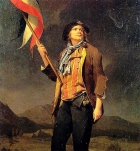
Knowledge and the Draft NC
ArticleClick to view -

Learning about an 800-year-old fight can't be all that bad, can it? Its like what Simon and Kane did yesterday': modern-day parallels in history
ArticleClick to view -

Maximising the power of storytelling in the history classroom
ArticleClick to view -

Move Me On 165: Capturing student interest vs. sense of period
ArticleClick to view -
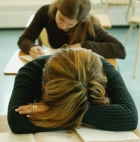
Move Me On 167: Frames of reference
ArticleClick to view -

Narrating “Histories of Spain”
ArticleClick to view -

Nazi perpetrators in Holocaust education
ArticleClick to view -

New, Novice or Nervous? 167: Confidence with substantive knowledge
ArticleClick to view -

Of the many significant things that have ever happened, what should we teach?
ArticleClick to view -

Passive receivers or constructive readers?
ArticleClick to view -
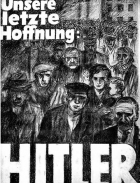
Pedagogical framework for stimulating historical contextualisation
ArticleClick to view -
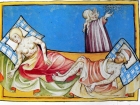
Period, place and mental space
ArticleClick to view -
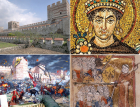
Planning a more diverse and coherent Year 7 curriculum
ArticleClick to view -
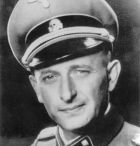
Polychronicon 141: Adolf Eichmann
ArticleClick to view -
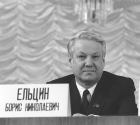
Polychronicon 166: The ‘new’ historiography of the Cold War
ArticleClick to view

